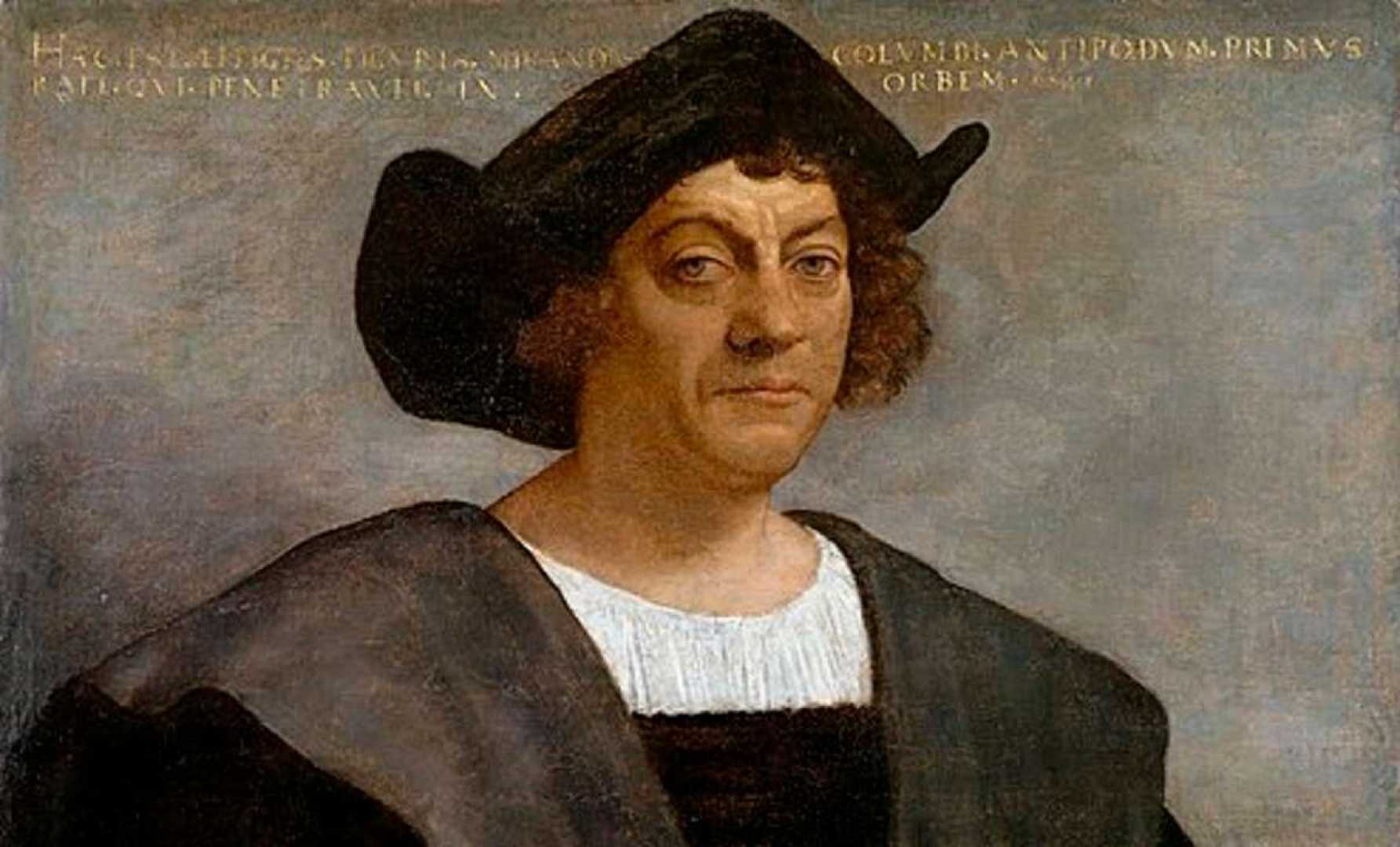News
New DNA Study Suggests Christopher Columbus Was a Sephardic Jew from Spain

A recent DNA study has shed new light on the origins of Christopher Columbus, suggesting that the famous explorer may have been a Sephardic Jew from Spain rather than an Italian from Genoa as traditionally believed. The research, led by José Antonio Lorente, a professor of forensic medicine at the University of Granada, was presented in a documentary titled *Columbus DNA: The true origin* on Spain’s national broadcaster TVE.
The study involved a 21-year investigation where DNA experts analyzed samples from the remains believed to be those of Christopher Columbus, his son Fernando Colón, and his brother Diego Columbus. The DNA analysis revealed traits compatible with Jewish origin in both the Y chromosome (male) and the mitochondrial DNA (transmitted by the mother) of Fernando Colón. This suggests that Columbus’s DNA was consistent with a Sephardic Jewish background.
Historians have long debated Columbus’s birthplace, with various theories suggesting he could have been Greek, Basque, Portuguese, or British. However, the new DNA evidence points towards the western Mediterranean, specifically the Iberian Peninsula, as his likely origin. The absence of a significant Jewish presence in Genoa and the rest of the Italian peninsula during the 15th century further supports this conclusion.
The study also aligns with historical context; around 300,000 Jews lived in Spain before the era of the “Reyes Catolicos,” when Catholic monarchs King Ferdinand II and Queen Isabella ordered Jews and Muslims to convert to Christianity or face exile in 1492, the same year Columbus made his first voyage to the Americas. It is believed that Columbus may have concealed his Jewish identity or converted to Catholicism to escape religious persecution.
The remains of Columbus, which have been moved several times since his death in 1506 in Valladolid, Spain, are currently housed in Seville Cathedral. The study confirms that these remains are indeed those of Columbus, adding credibility to the new findings about his origins.
The revelation has sparked significant interest and debate, particularly given the controversial legacy of Columbus and the impact of his voyages on Indigenous populations in the Americas. Many states and cities in the United States have already renamed Columbus Day to acknowledge the historical violence and colonization associated with his expeditions.












